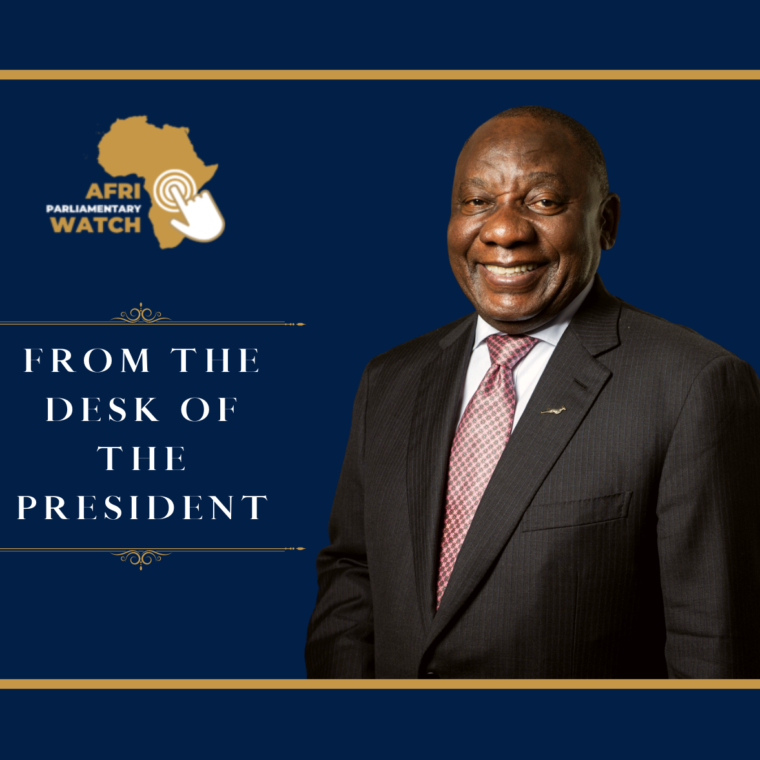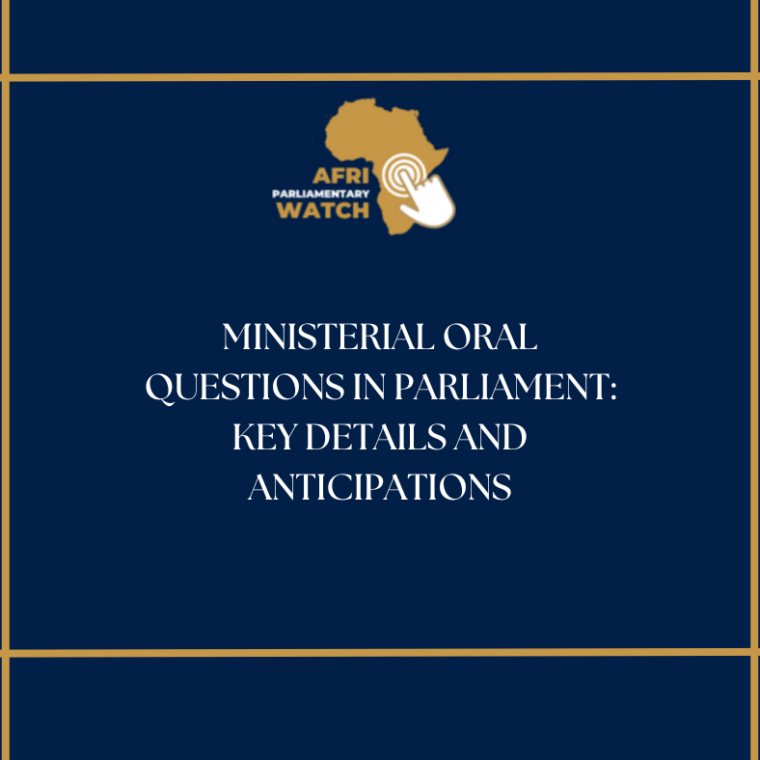MK Party Rejects 2025 Fiscal Framework and Revenue Proposals
To read the full Media Statement, click here
The uMkhonto weSizwe (MK) Party has strongly opposed the 2025 Fiscal Framework and Revenue Proposals tabled by the Minister of Finance, citing concerns over economic projections, tax policy, and fiscal sustainability.
The party criticizes the government’s forecast of 1.9% GDP growth for 2025, arguing that it is overly optimistic given South Africa’s historical economic struggles. The MK Party also opposes the proposed 0.5 percentage point increase in VAT, labeling it as a regressive measure that disproportionately affects lower- and middle-income households.
Additionally, the party condemns the decision not to adjust personal income tax brackets for inflation, warning that it will push many taxpayers into higher tax brackets and reduce their disposable income. The MK Party also questions the government’s continued focus on fiscal consolidation, arguing that it has failed to stabilize debt and deficits over the past decade.
Concerns over rising debt levels and mounting debt service costs are also highlighted, with the party calling for a transparent debt reduction strategy. While supporting increased funding for the South African Revenue Service (SARS), the MK Party stresses the need for more aggressive measures to close the tax gap and combat illicit financial flows.
As an alternative, the party proposes six key funding measures, including strengthening SARS to recover R800 billion in unpaid taxes, implementing a wealth tax, raising corporate tax by one percentage point, and cutting government expenditures by reducing the executive to 20 ministers and eliminating deputy minister positions.
The MK Party is also pushing for economic reforms, including the conversion of the Social Relief of Distress (SRD) grant into a Basic Income Grant (BIG) and increasing social grants in line with the cost of living.
In conclusion, the party calls for amendments to the fiscal framework and tax laws to ensure a fair and sustainable economic approach that prioritizes vulnerable households and economic growth.





